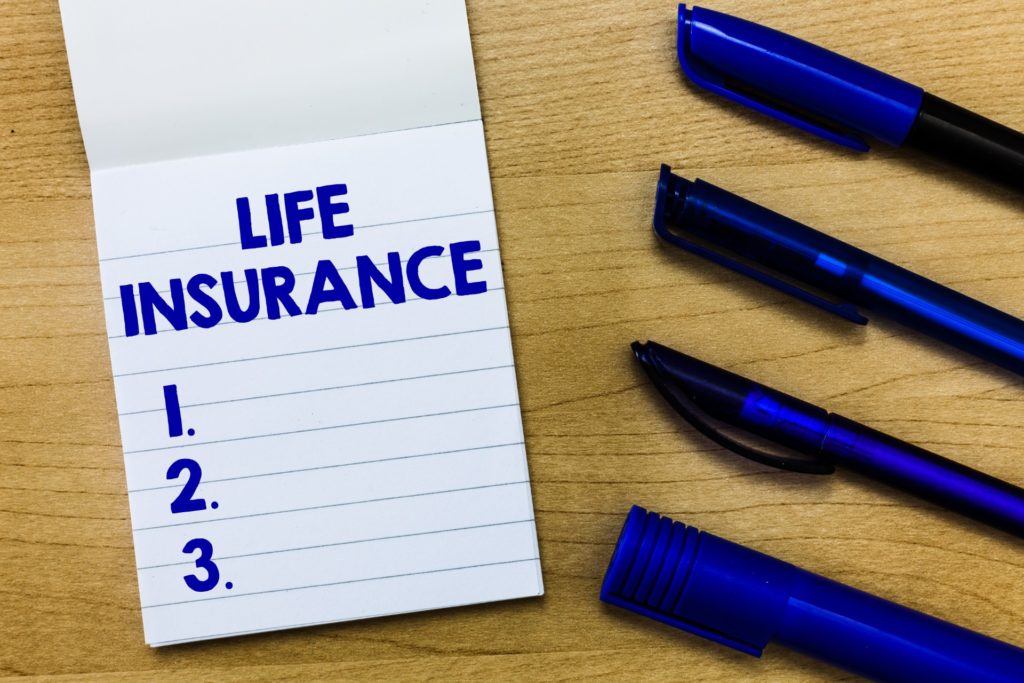
How to Make Beneficiary Designations Better
Beneficiary mistakes can result in retirement plan assets being transferred to unintended beneficiaries.
Call us Anytime
Laurel, MD 20707
Downs Law Firm, P.C.
Home • Beneficiary designations • Page 2

Beneficiary mistakes can result in retirement plan assets being transferred to unintended beneficiaries.
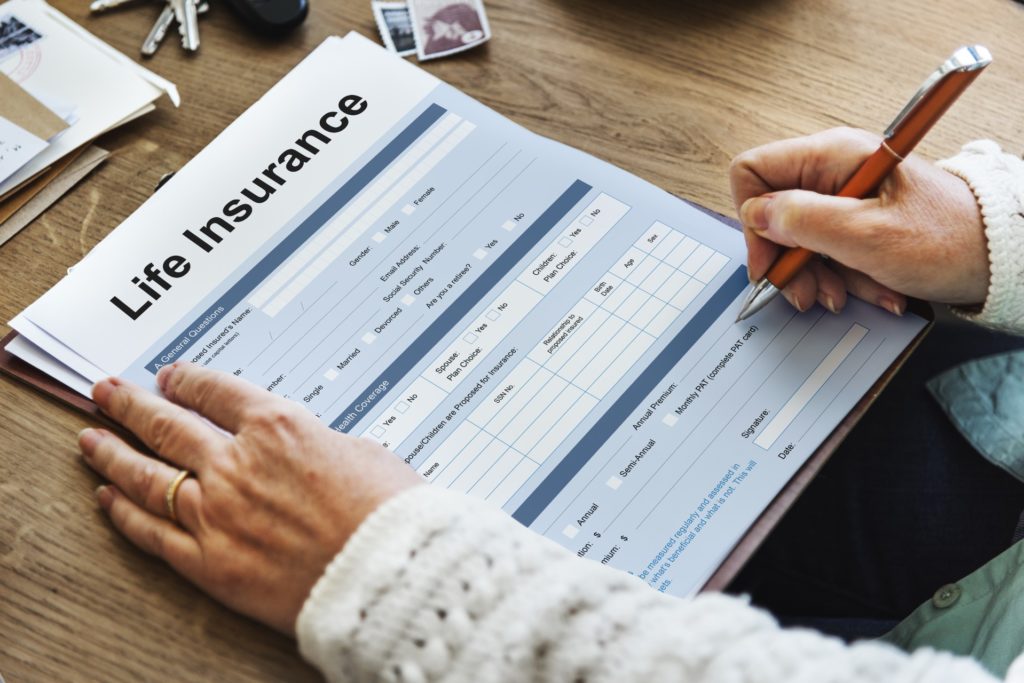
When you open a financial account, you’re often asked to name a beneficiary. Simply stated, a beneficiary is someone who is entitled to the benefits of the account on the death of the account holder. For example, if you’ve purchased life insurance, you name a beneficiary who receives the benefits of the policy when you pass away.
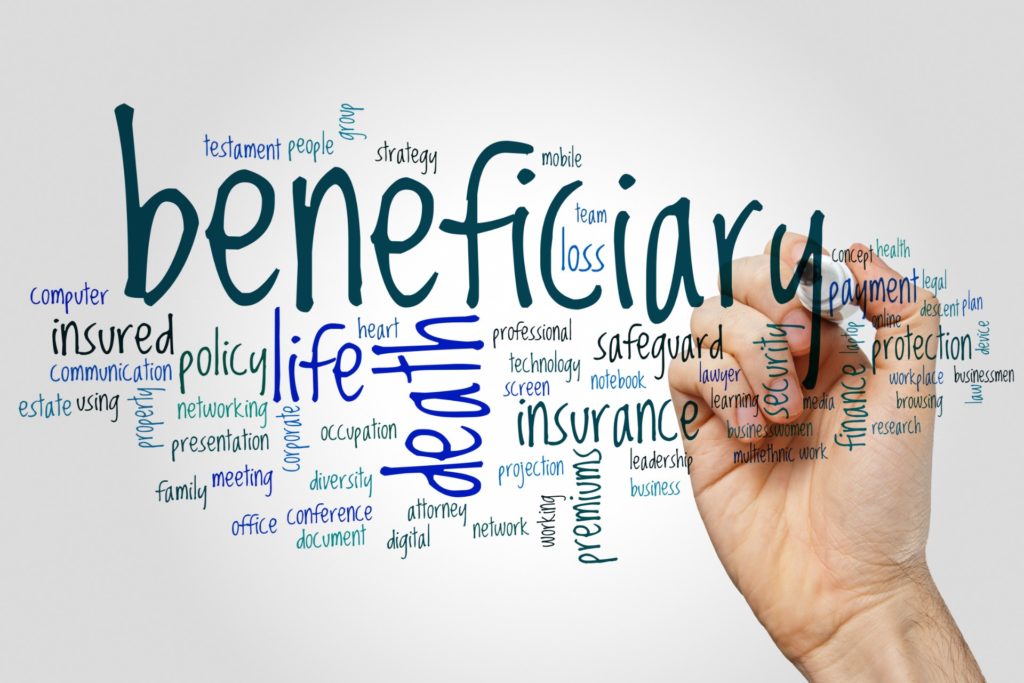
Most consumers are familiar with the beneficiary designation form they complete when opening an IRA or 401(k). The form designates who receives the asset if the account owner dies. However, these forms can create confusion, unintended bequests, and family turmoil if not adequately monitored.
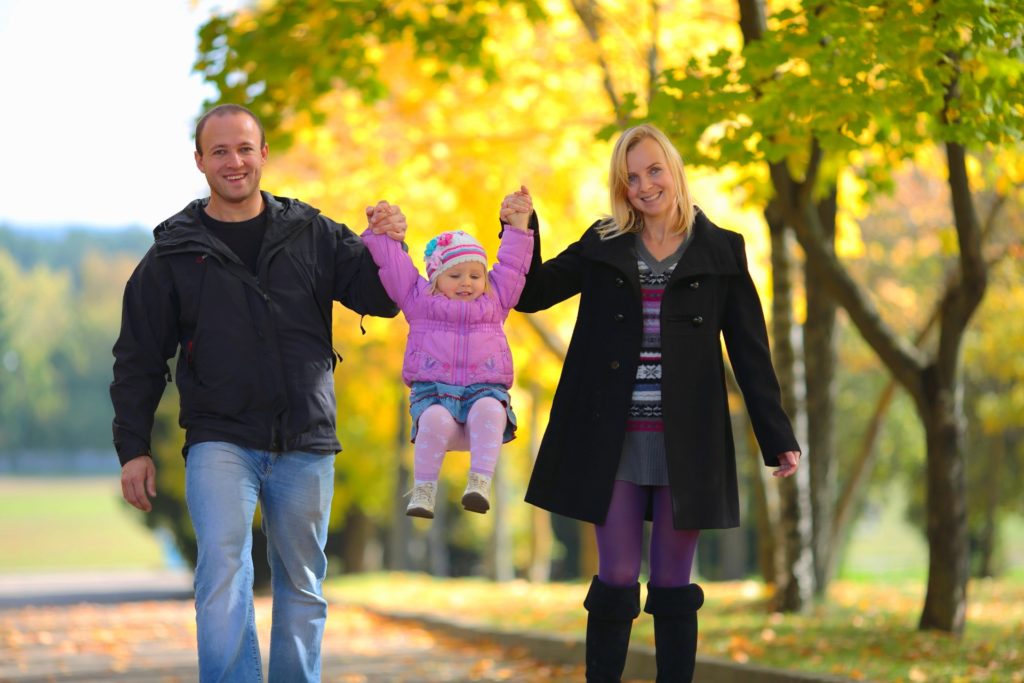
It’s never too early to start estate planning. If you already have a family, getting your personal affairs in order is a must. The sooner you start planning, the more prepared you will be for life’s unexpected twists and turns.

There’s a lot of prep work to complete when you’re expecting a new baby. Expectant parents have a nursery to paint, strollers to buy, doctor’s appointments to attend, and nannies to hire.
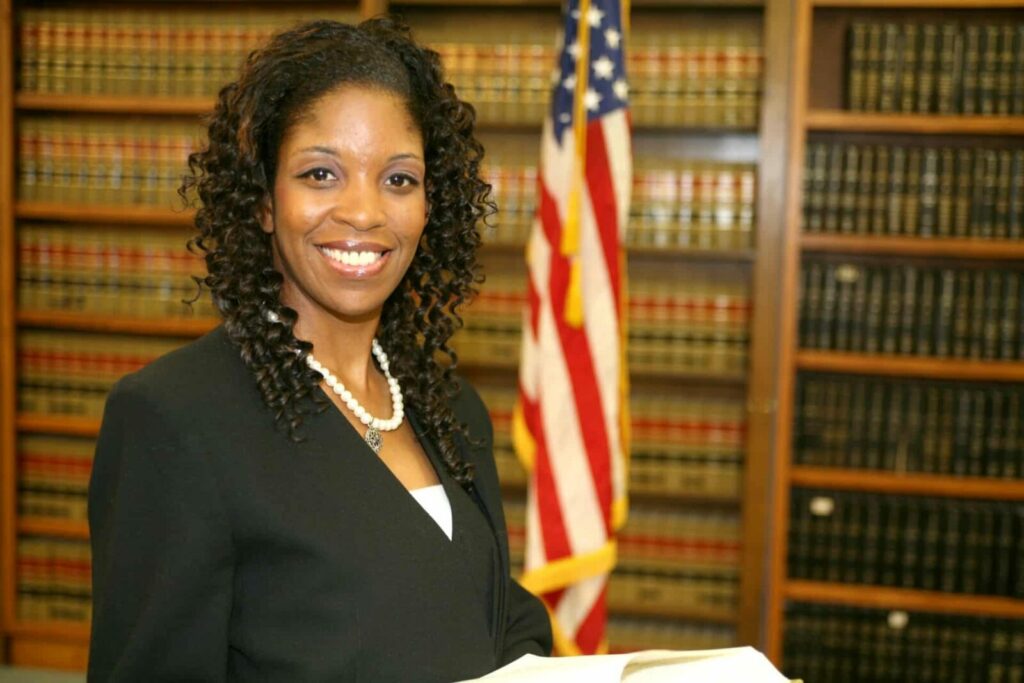
Do not put off finalizing and signing your estate planning documents just because you have reached an impasse on who to name as trustee.

You may be surprised at how easy it is to make an expensive mistake with your beneficiary designations.
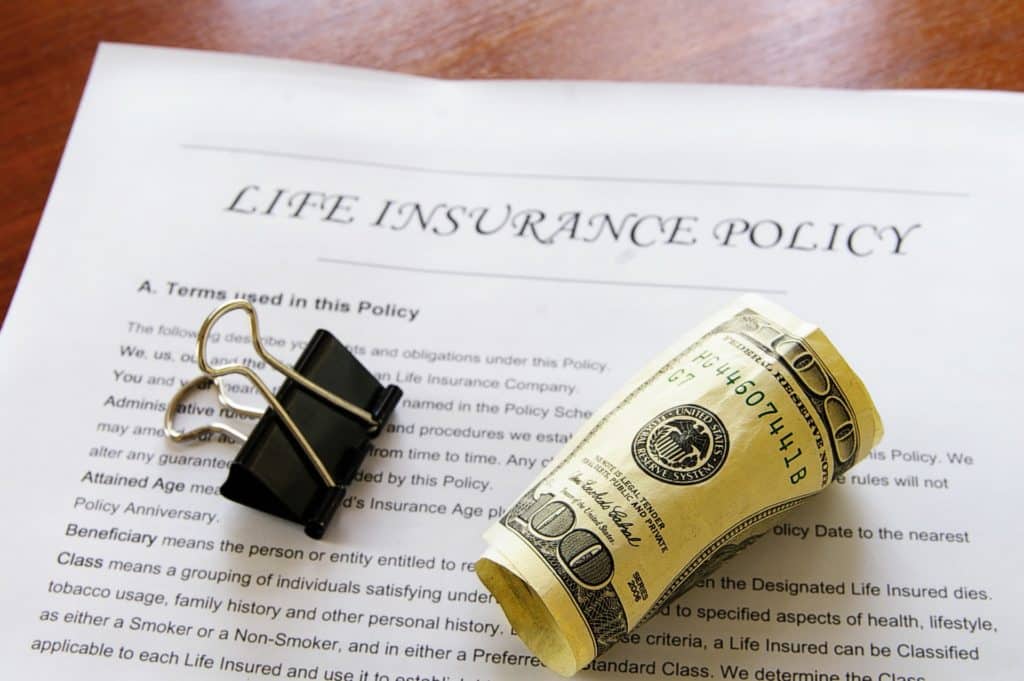
In tough economic times, people are sometimes left scrambling for cash to meet everyday expenses and lifestyle demands. Your life insurance policy is a possible source of funds – but should you tap into it?
Truly, nearly every legal question depends on a host of facts and circumstances that make it impossible to guarantee a particular outcome … except in the case of my favorite question: ‘Do I need a will?’

What would happen with your kids, should something happen to you? It’s a question that most parents don’t like to think about.